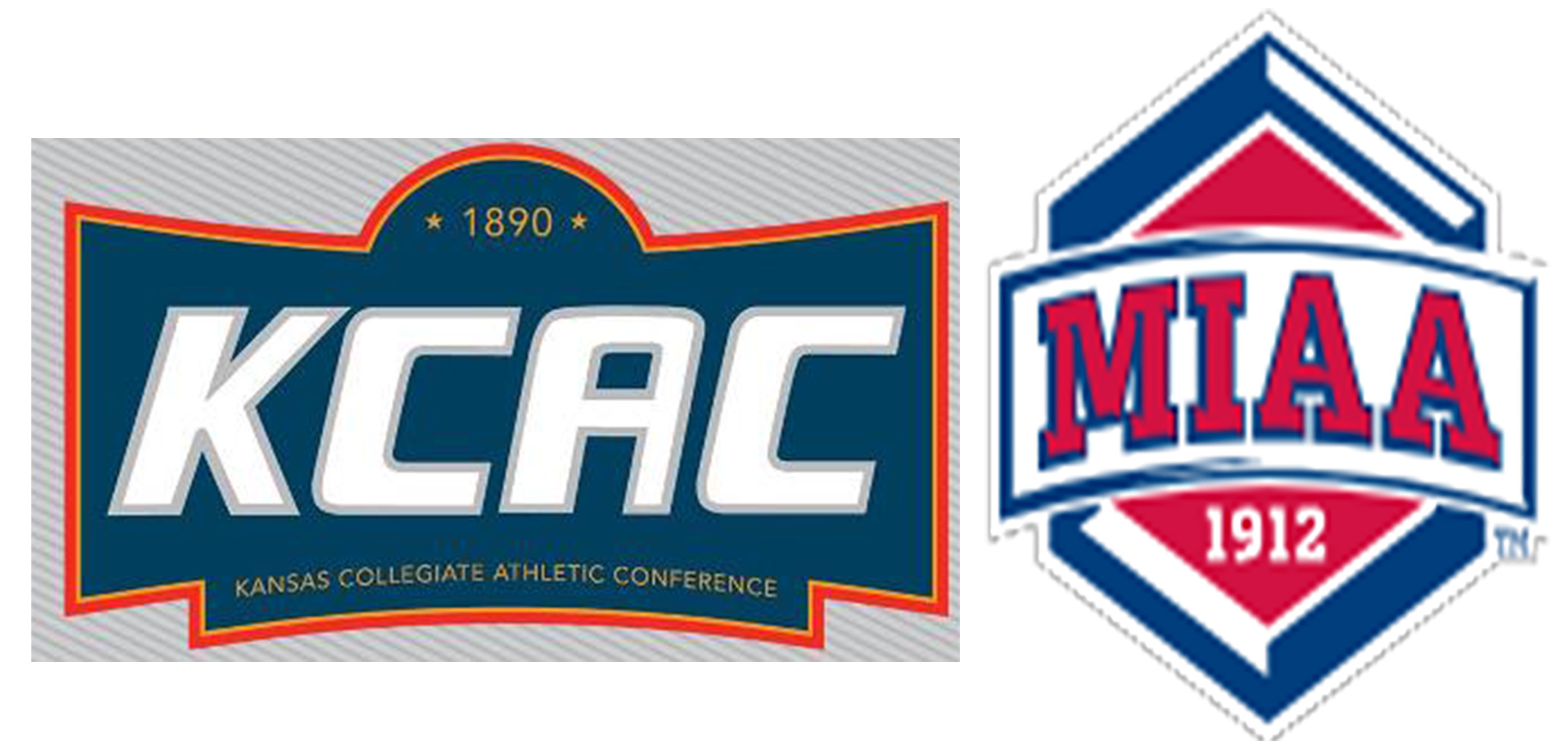Crime doesn’t pay, unless you’re a Kansas law enforcement agency reaping the spoils of war. The War on Drugs, that is.
Buried deep within state statute is a little-known provision that directly rewards police departments for busting-up the local narcotics scene, and it does so using the government’s oldest trick in the book: taxes.
As it reads, the law is pretty simple. Marijuana and other drugs may be illegal in Kansas, but that won’t stop the state government from trying to extract a tax from those possessing it.
When a person gets busted for drugs, the state can hit them for twice the cost of a tax stamp — sold in increments of $10, $50, $100, $500 and $1,000 by the Kansas Department of Revenue, depending on the quantity of the drug.
Talk about a double whammy.
Here’s the kicker: While taxes are assessed by the state, the investigating agency making the drug bust gets a 75 percent cut of the revenues, which are either paid in cash or through the sale of seized property.
The law itself has been on the books since 1987, and for at least two Kansas police departments it didn’t mean much — until about four years ago.
From 2005 to 2009, the Overland Park Police Department wasn’t snagging too much cash from the state’s drug tax stamp laws, bringing in only about $4,000 in its highest year, and zero in its lowest.
But in 2010, everything changed.
That year, the OPPD received $16,000 in drug tax stamp revenues, nearly 70 times larger than the $230 the department brought in the previous year. In the last four years, Overland Park law enforcement has brought in $76,900 thanks to the state’s taxation on narcotics.
Figures are even more eye-popping for the Wichita Police Department, which brought in only about $9,800 in 2009. The following year, revenues spiked to just over $67,000. Since 2010, WPD has reaped more than $232,000 in new monies from this law.
Chief John Douglass, Overland Park Police Department
If you ask OPPD Chief John Douglass, there’s no possible way incentivizing drug busts could ever be seen as problematic.
“The way (the money) is used really limits the ability of a police department in any way, shape or form from benefiting from that,” Douglass told Kansas Watchdog
Drug tax stamp cash can’t be spent directly on salaries or other general department operations, but it has helped the OPPD purchase everything from building security upgrades and currency-counting machines to portable radios and surveillance equipment, among other items.
“Quite frankly, narcotics produces such a high volume of revenue that this is meant to take some of this capital out of the system so it causes the narcotics sales as a business to lose capital and lose ability to function,” Douglass added.
New police equipment, it seems, is just a handy bonus.
So, why the sudden increase in cash? Douglass said his officers didn’t kick things into high gear until they were encouraged to by the state.
“We were making a lot of narcotics arrests, but the idea of using taxation of narcotics under the statute wasn’t something we were really aware of,” he said, though Douglass wasn’t sure exactly which branch of the state government pushed his agency to pursue the taxation measures. “I do know that after that point in time, for whatever reason, we started notifying the state more often on these cases.”
Holly Weatherford, advocacy director for the American Civil Liberties Union of Kansas, called the statute what it is — a revenue driver.
According to Kansas Bureau of Investigation statistics, more than 60 percent of all drug offenses statewide between 2010 and 2012 involved marijuana — that’s more than cocaine, methamphetamines, LSD, heroin and all other drugs combined. While the tax stamp statute has different weightings for all illegal drugs, it’s clear that cannabis is the real cash crop for law enforcement.
“What we’ve seen is that the aggressive enforcement of marijuana possession laws have ensnared hundreds of thousands of people under the criminal justice system, and it has wasted billions in taxpayer dollars,” Weatherford said. “This just seems like another interesting piece of the puzzle and I think it deserves further investigation.”
Douglass downplayed the importance of the funds, saying they’re a drop in the bucket compared to the department’s nearly $33 million budget this year.
Capt. Doug Nolte with the Wichita Police Department hasn’t yet been able to confirm the cause for his department’s sudden increase in drug tax stamp revenues.
“I am still working on it,” Nolte said Monday. “It should be a lot easier (to determine), but it’s not.”
He noted the WPD doesn’t specifically track how it spends the aforementioned monies.
—
Story by: Travis Perry / Kansas Watchdog


